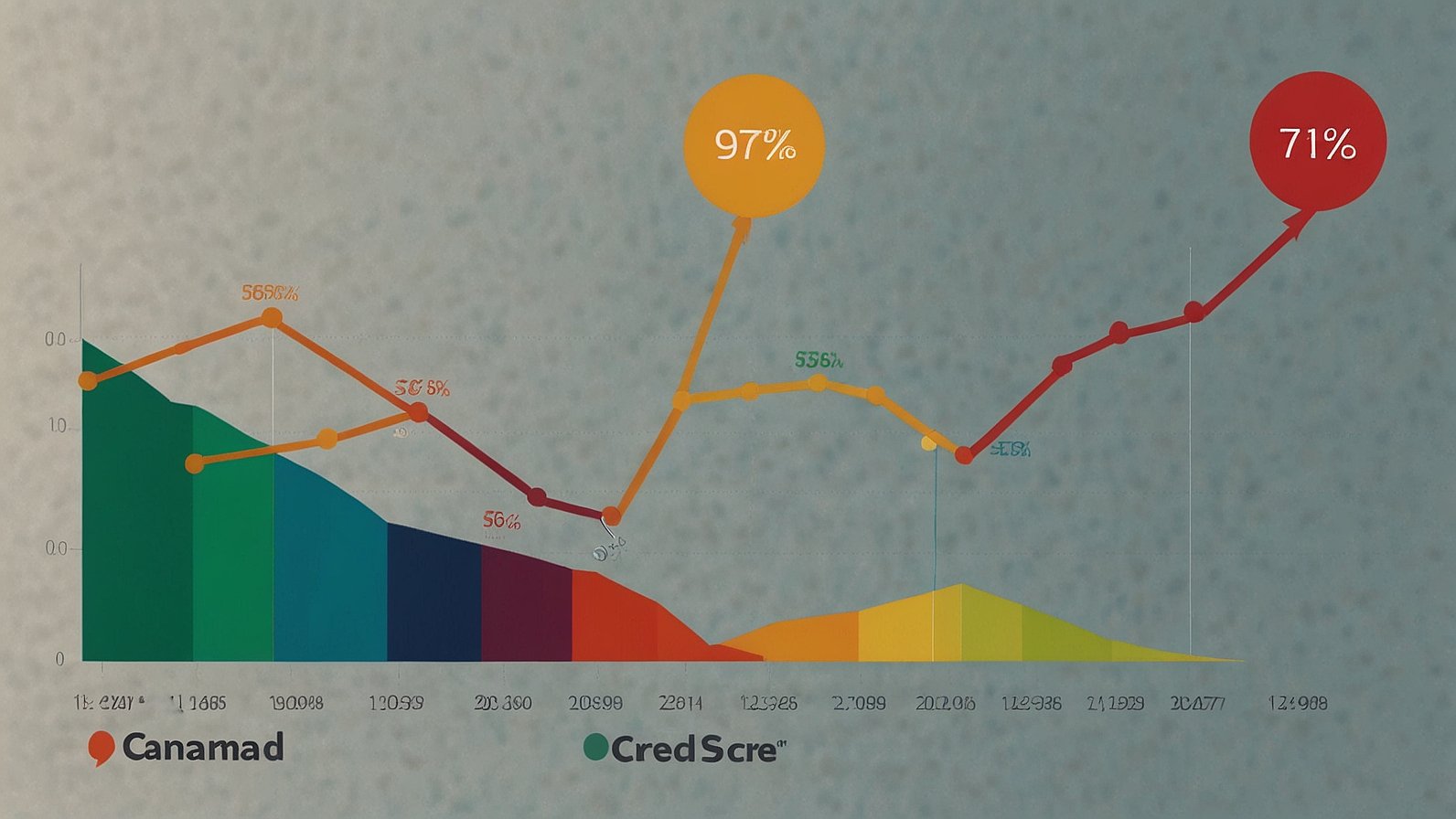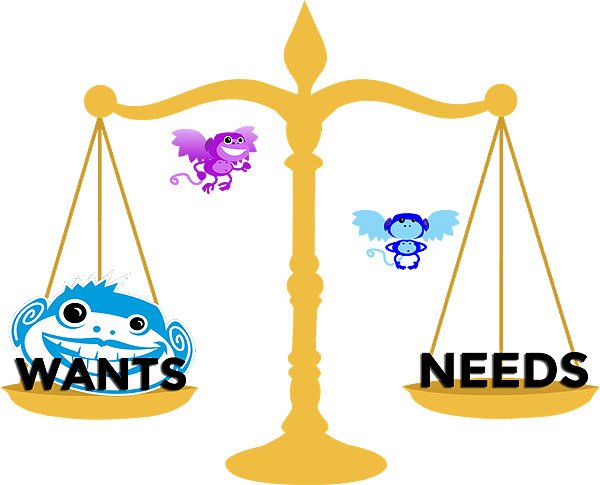If you’ve ever been on the receiving end of calls from debt collectors, you know how stressful and confusing it can be. Between repeated calls at odd hours and unclear information about what you owe, it’s easy to feel overwhelmed. The Consumer Financial Protection Bureau (CFPB) recognized this and rolled out a new debt collection rule, effective November 30, 2021, designed to protect consumers and bring more clarity to the process. If you’re dealing with debts—whether credit card debt relief or other loans—understanding this rule can help you navigate debt collection with more confidence.
What Does the CFPB’s Debt Collection Rule Cover?
The CFPB’s rule sets clear guidelines on how debt collectors must communicate with consumers. It explains what information collectors need to provide, limits how often they can call, and gives consumers more control over their interactions. Essentially, the rule is about making the debt collection process fairer and less invasive.
For anyone juggling debts, especially credit card balances, this rule means debt collectors can’t just bombard you with calls without giving you important details about your debt or respecting your boundaries.
Clear Communication: What Debt Collectors Must Tell You
One of the most important parts of the new rule is the requirement that debt collectors must give you clear and complete information when they contact you. This includes details like the amount you owe, the name of the creditor, and how you can dispute the debt if you believe it’s incorrect.
Before, some consumers complained that collectors were vague or confusing, making it hard to understand what was owed or why. Now, collectors have to be upfront and transparent from the first contact. This helps you make informed decisions about how to handle your debt—whether that means negotiating, seeking credit card debt relief, or disputing errors.
Limits on Call Frequency: Less Stress, More Control
Have you ever had your phone ring so many times from a debt collector that it felt like harassment? The new CFPB rule addresses this by limiting how often collectors can call you. They can’t call more than seven times within seven consecutive days.
This limit doesn’t mean debt collectors will stop contacting you, but it does prevent constant harassment. If you feel overwhelmed by calls, this rule gives you legal backing to push back against excessive communication.
Your Rights to Control How Debt Collectors Contact You
Another key feature of the rule is that it allows you to specify how you want debt collectors to communicate. You can tell them not to call you at work or during certain hours. If you want to communicate only through mail or email, you can say so.
Before this rule, it was harder to enforce these preferences, but now collectors must honor your requests. This puts you in the driver’s seat when it comes to managing interactions and reduces unwanted stress.
Disputing Debts Made Easier and Clearer
Sometimes, debt collectors pursue debts that you don’t actually owe or that have errors. The new rule strengthens your ability to dispute debts. Collectors have to provide clear instructions on how to dispute and must pause collection efforts until they investigate and respond.
This is especially important if you’re working on credit card debt relief and want to make sure you’re only paying what you truly owe. The rule protects you from paying debts that aren’t yours or have mistakes.
What Happens if Debt Collectors Don’t Follow the Rules?
If a debt collector violates the CFPB’s new rule, you have the right to file a complaint with the CFPB or take legal action. The rule aims to hold collectors accountable and protect consumers from abusive or deceptive practices.
Knowing your rights empowers you to stand up against unfair treatment and ensures collectors follow fair procedures.
How This Rule Fits Into the Bigger Picture of Debt Management
For many people, managing debt—whether it’s credit card debt, medical bills, or other loans—can feel like a juggling act. The CFPB’s rule doesn’t solve all debt problems but makes the collection process less intimidating and more transparent.
This can be a crucial first step if you’re considering credit card debt relief options or working with financial counselors. When collectors are clear and respectful, it’s easier to plan how to tackle your debts without added anxiety.
What You Can Do to Protect Yourself
To take advantage of these protections, keep detailed records of any communication with debt collectors. Note dates, times, and what was said. If a collector violates the rules, you’ll have evidence to support your complaint.
Also, don’t hesitate to ask questions. Request the details you’re entitled to and make sure you understand the debt before making payments.
If you feel overwhelmed, consider reaching out to a reputable credit counseling agency or exploring credit card debt relief programs for professional guidance.
In Conclusion: Empowerment Through Knowledge
The CFPB’s new debt collection rule brings important changes that give you more control, clearer information, and protection from harassment. Whether you’re just starting to deal with debt or have been managing it for years, understanding these rules helps you navigate debt collection with less stress and more confidence.
Debt collectors now have to play by clearer rules, and you have the right tools to protect yourself. With this knowledge, you’re better equipped to make smart financial decisions and move toward a more secure future—one respectful conversation at a time.











